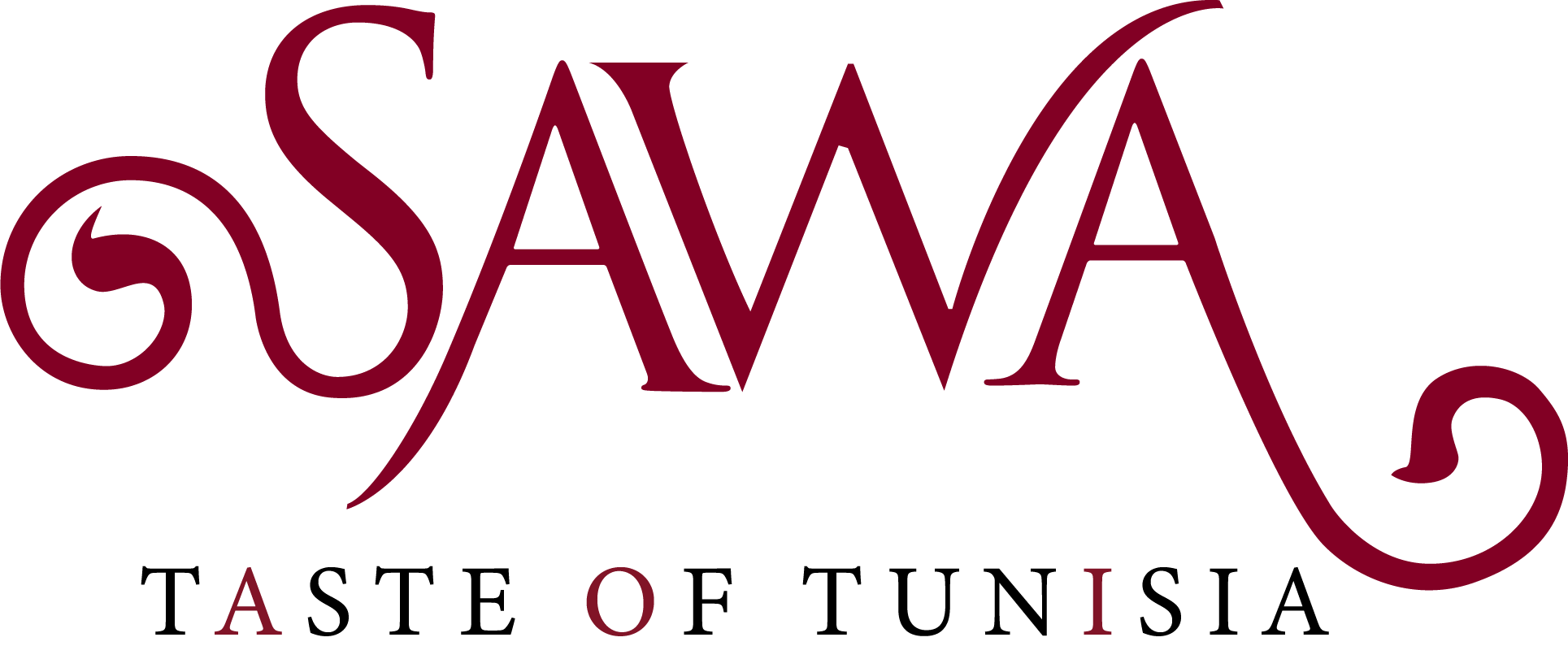If Proust had been Tunisian, would the Madeleine have been harissa?
In Tunis, my son Adam often commented on how the food at his crèche was full of harissa (« Marissa », as he pronounced it at that time), his way of saying it burned his mouth. The staff reassured us that they put the strict minimum amount, just barely enough to help the children get used to it and develop their palates.
Now, in France, when we taste something hot, he comments on how delicious it is, pointing out that « they put a lot of harissa ». Seemingly aware that an appreciation for piquant flavours is something only certain adults and virtually no children possess here, his taste for spicy food has become a source of pride, something that he underscores in setting himself apart and defining his unique tastes.
I thought of this today as I read Farah Abdessamad’s piece « Exile and life: Harissa encompasses Tunisian heritage« . Raised in France, her impression that her grandparents’ couscous was too spicy signalled to the family that she was becoming « too French ». Nevertheless, they were happy to instead make her a « white couscous » (the word « white » refers to the absence of red chilies, but also – unintentionally but penetratingly – captures its colonio-racial boundary-making significance). When she came back the next year, her ability to enjoy the usual recipe with the rest of the family without them having to make any white couscous, was a moment of pride and belonging.




